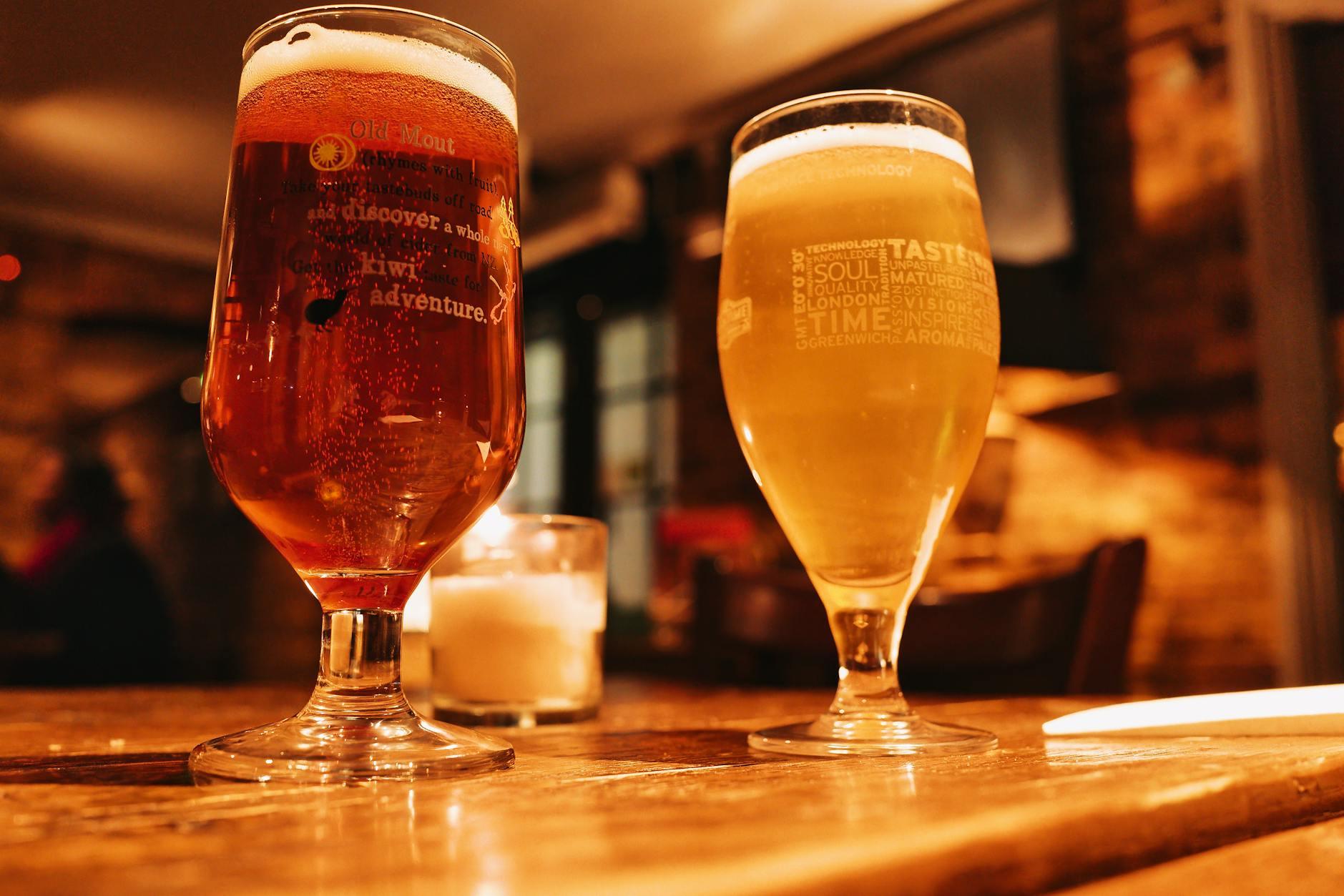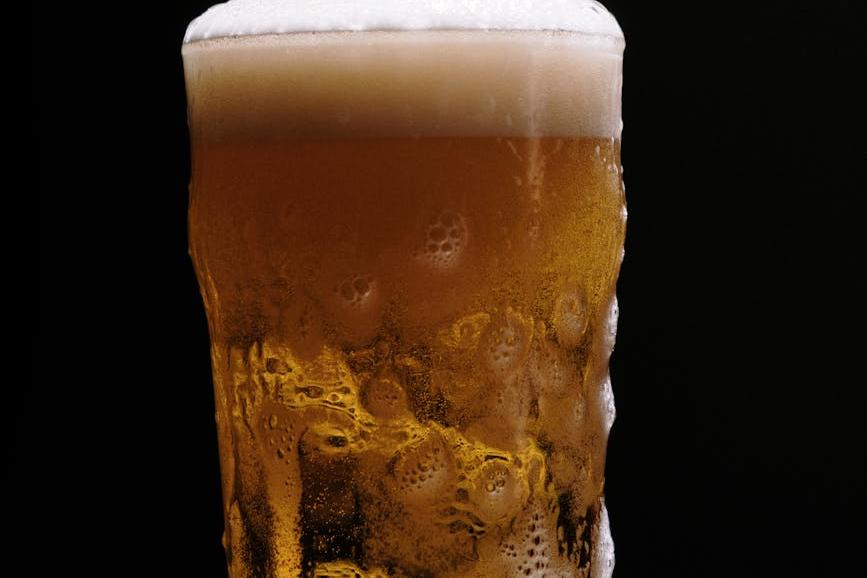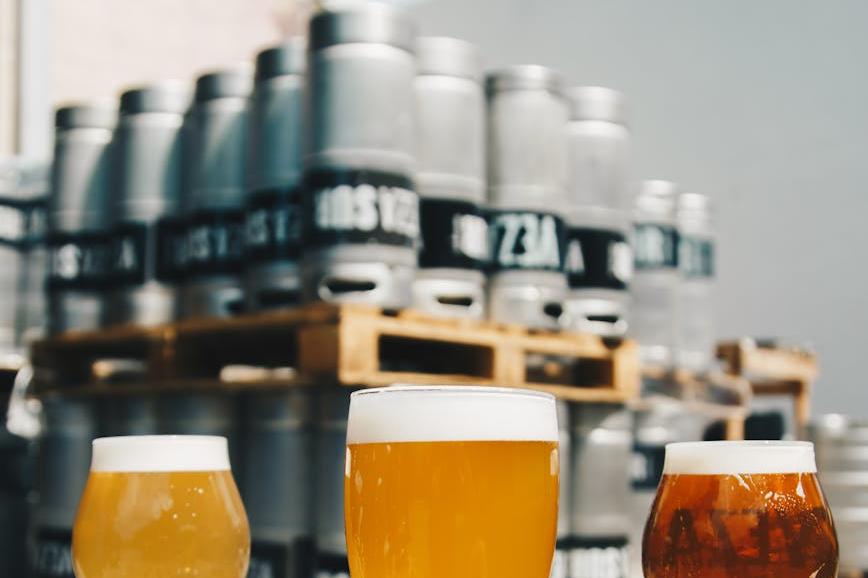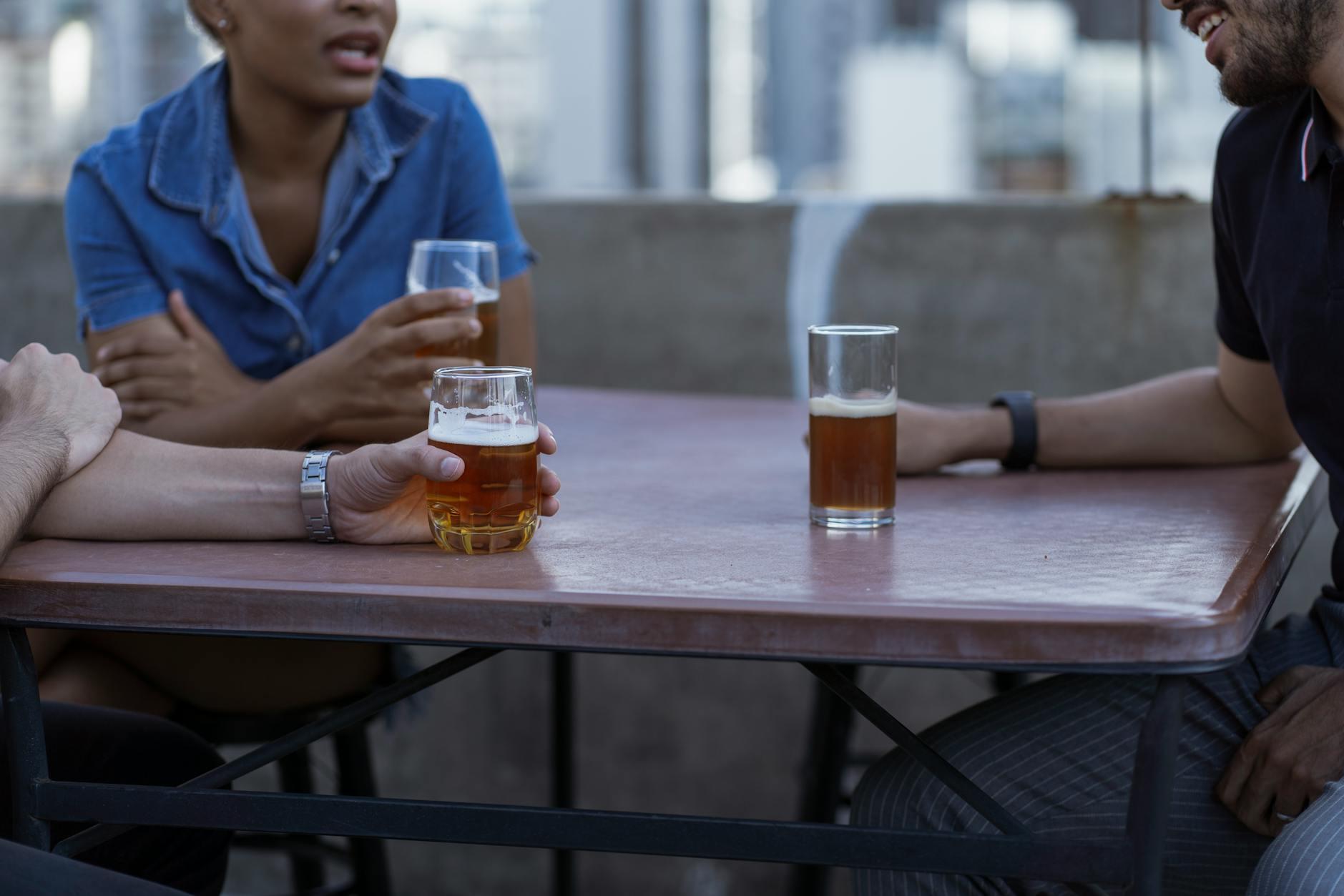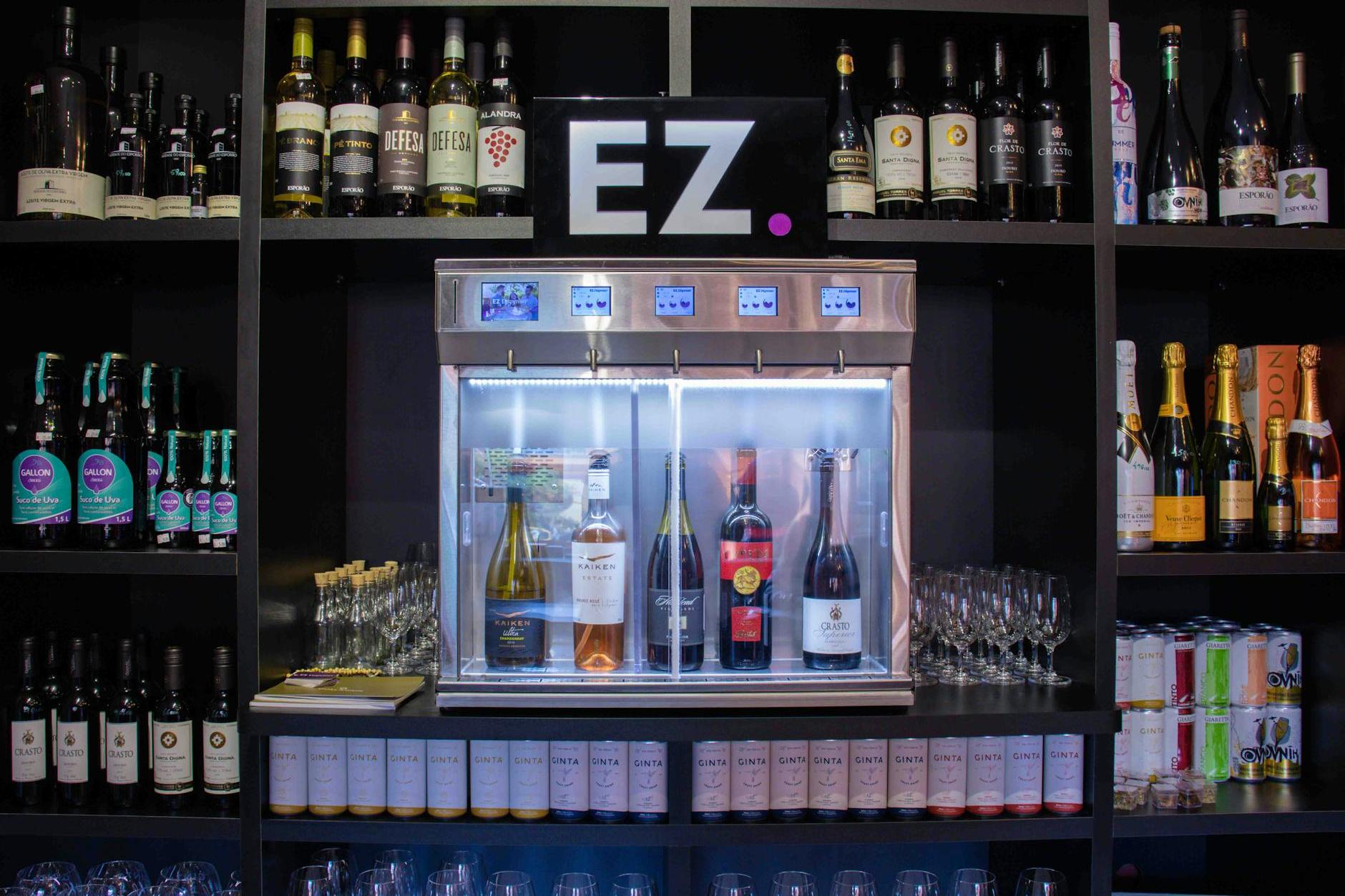- Shanghai Zhongshen International Trade Co., Ltd. - Two decades of trade agency expertise.
- Service Hotline: 139 1787 2118
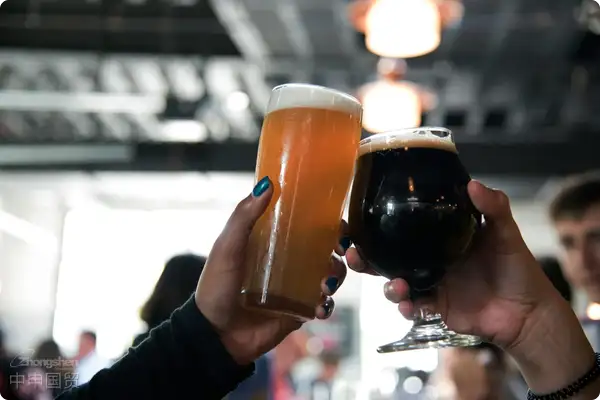
Contents
ToggleWhen Pink Elephant Meets Customs: The Beer Pitfalls We've Stumbled Upon Over the Years
Amid the rich aroma of Belgian Trappist beers, I've handled import orders worth thirty million for Delirium Tremens, and witnessed the painful ordeal of containers being detained for three months. As a veteran with twenty years in the industry, the "old...foreign trade"Today, let me explain in the simplest terms: the customs clearance process for imported beer is far more complicated than just paying and receiving the goods."
The three "roadblocks" in the customs clearance process
- The "wordplay" in Chinese labels
- An importer had an entire container returned due to the labeling of "original wort concentration" as "malt degree."
- The following must be included: For alcoholic content ≥10%, the warning "Excessive consumption is harmful to health" must be labeled.
- The "Digital Labyrinth" of Tax Code Classification
- The beer tariff code 2203.00 conceals hidden intricacies: tax rate differences between glass bottle and aluminum can packaging.
- Case: A company mistakenly classified 330ml craft beer under HS code 2202.99, resulting in a 17% loss of tax refund.
- The "Time Trap" of Health Certificates
- The validity period of the health certificate issued by Belgium is only 6 months.
- Maritime Transportation+清關(guān)周期超期導(dǎo)致證書失效的補(bǔ)救方案
The eagle eyes of customs officers.
The most representative case from last year was the handling of the Pink Elephant Delirium Nocturnum:
- Declaration elements: Country of origin Belgium → Actual bottle labeled "Brewed in EU"
- Inspection Report: The actual alcohol content of 8.5% deviates from the declared 9.2%.
- Solution: Provide production batch traceability documents + resubmit samples for inspection
Four Life-Saving Tips for Importers
- Conduct compliance pre-review in advance.: Allow at least 15 working days for label pre-review.
- Establish a risk sample library: Retain samples of the smallest packaging unit from each batch for future reference.
- Make good use of classification advance rulings.: The advance ruling decision issued by the General Administration of Customs is valid for 3 years.
- Select a dual-qualified freight forwarder: Enterprises with both food storage qualifications and AEO certification
Those devilish details that are easily overlooked.
- Wooden pallets must carry IPPC fumigation mark
- Glass bottle packaging requires additional purchase of breakage insurance.
- Temperature monitoring records during transportation must be retained.
- Promotional giveaways must be declared separately and comply with food safety standards.
Finally, here's a fun fact: When the elephant-head logo of Belgium's Delirium Tremens goes through customs in Islamic countries, additional non-alcoholic certification is required. You see, importing beer is never as simple as just popping the cap. As a veteran who has witnessed hundreds of beer containers clearing customs, I suggest mastering these essential customs procedures before raising your glass for a hearty drink.
Related Recommendations
Category case
Get in Touch
Email: service@sh-zhongshen.com
Related Recommendations
Contact via WeChat

? 2025. All Rights Reserved. Shanghai ICP No. 2023007705-2  PSB Record: Shanghai No.31011502009912
PSB Record: Shanghai No.31011502009912
